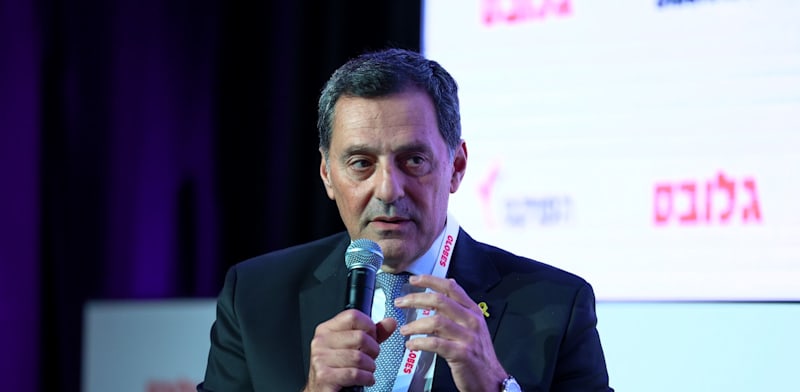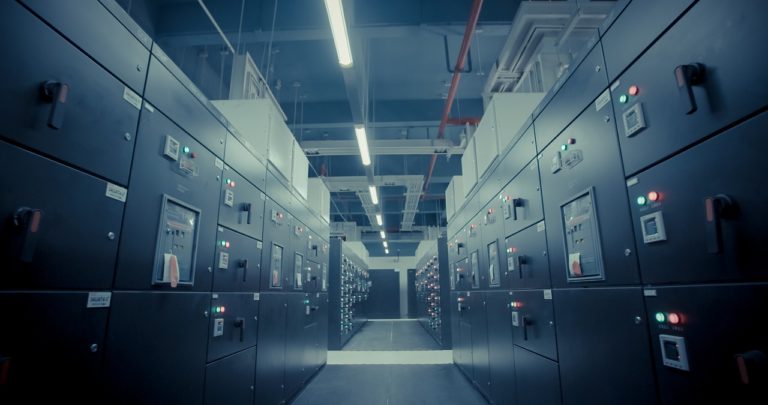Tomorrow (Wednesday), the conclusions of the Dayan committee will be revealed at a press conference. The committee will make its recommendations on the quantity of Israeli gas that will have to be sold only in Israel and how much it will be permissible to export, what will happen to the ownership model and competition in the sector, and a range of other regulatory matters.
According to information that has reached “Globes, the committee will leave the obligation to reserve gas for the local market unchanged (440 BCM), and thus decide that, unless additional reserves are found, the era of Israeli gas will come to an end around 2045, after which most of the natural gas consumed in Israel will have to come from imports.
In addition, the committee is not expected to recommend obliging Chevron to sell one of its reservoirs as the Ministry of Finance wanted. But although, in general, the committee accepted the stance of the Ministry of Energy and Infrastructure, the controversial decisions are expected to give rise to minority opinions in its report.
The official title of the committee, headed by Ministry of Energy and Infrastructure director general Yossi Dayan, is the Inter-Ministerial Committee for Examining Policy on the Natural Gas Industry and Strengthening Energy Security. It met for the first time in February 2924 to set natural gas policy for Israel for the coming years. It has had to decide how to balance several interests: energy security; competition that will bring down prices; and encouragement of investment and exploration. These interests do not necessarily coincide. Export restrictions, for example, help in some respects but hinder in others.
The committee has eleven members: four from the Ministry of Energy and Infrastructure, and representatives of the Ministry of Finance Budgets Division, the National Economic Council, the National Security Council, the Competition Authority, the Ministry of Foreign Affairs, the Ministry of Environmental Protection, and the Ministry of Justice.
The first and probably most important issue is the obligation to supply the needs of the local market. Assuming that no more large gas reservoirs are discovered in Israeli waters, the amount of gas held by Israel is limited, and the country has to decide how much it will allow to be exported, and how much it will retain for internal consumption only.
On the one hand, keeping the gas for the long term will strengthen Israel’s energy independence and reduce the need for imports, and postpone the time from which we will have to wean ourselves off the cheap gas that we currently enjoy. On the other hand, exports bring in large tax revenues (on higher sales prices), and represent a diplomatic lever on Egypt and Jordan, and an important incentive for gas exploration and development that could enlarge the supply.
RELATED ARTICLES
The dispute on the committee, which reached a close vote on the matter, was over two main possibilities: a proposal by the Ministry of Energy and Infrastructure to keep the obligation to supply the local economy at 440 BCM; and a proposal supported by the Ministry of Finance Budgets Division to raise the amount to 515 BCM out of the 850 BCM that, according to the estimates of the Ministry of Energy and Infrastructure, Israel’s proven reserves contain (the gas producers put the amount at over 1,000 BCM). Assuming that world natural gas prices continue to be fairly high, the rest of the gas will be for export, mainly to Israel’s neighbors Egypt and Jordan.
According to sources on the committee, the Ministry of Energy and Infrastructure, together with the National Economic Council, obtained a majority in favor of reserving the smaller quantity for domestic use. The Ministry of Finance and others on the committee may wish to append a minority opinion to its report.
The decision means that, from 2045, most of the gas used in Israel will be imported, as the Tamar reservoir will be exhausted. This is on the basis of the conservative assumption that by then Israel will generate only 18% of its energy needs from renewable sources. This compares with a target of 30%. At the end of 2024, the proportion was 14%. Sources on the committee said that “This is an important call, because the economy has to start planning for the day after, and there is now greater clarity about the need to prepare for the post-gas era.”
The committee is expected to recommend starting now on preparations for energy imports, which could be via pipelines or in the form of liquid natural gas brought by ship. The committee also mentions nuclear energy as a possibility for diversifying and securing Israel’s energy supply after its gas runs out.
Restrict Chevron?
Another main issue, raised by the Ministry of Finance Budgets Division, and even raised publicly by the division’s head Yogev Gradus, was the proposal to remove Chevron from one of the gas reservoirs. This would be a radical regulatory measure, and Chevron reacted sharply to the possibility. It appears that the Ministry of Energy and Infrastructure also sees it as an extreme proposal, as drastic restrictions on the ownership structure of the reservoirs would be liable to deter other major foreign players from investing in developing Israel’s gas reserves.
Instead, the committee prefers examining more moderate possibilities, such as separate sales by each of the partners in a reservoir, and a local gas exchange that would facilitate sales at prices outside of regular supply contracts.
This is the first committee to determine that Israel will cease to rely on its own gas within a certain time. It could have prolonged the period, but it chose not to do so in order to create certainty for the gas companies and consumers alike.
The Ministry of Finance Budgets Division stated in response to the report: “We will not comment before the report is published.”
The Ministry of Energy and Infrastructure said in response: “The committee’s recommendations create the proper balance between the needs of the local economy and maintaining the State of Israel as an attractive environment for investment, all in the general public interest.
“From the committee’s discussion and in analyses of future supply and demand, it emerges that Israel’s existing natural gas reserves are sufficient for the needs of the economy for at least 25 years, on the basis of conservative assumptions. All the horror scenarios presented in the media by various interested parties are baseless.
“In its recommendations, the committee gave top priority to the public interest, and any suggestion otherwise is untrue.”
Published by Globes, Israel business news – en.globes.co.il – on April 8, 2025.
© Copyright of Globes Publisher Itonut (1983) Ltd., 2025.





